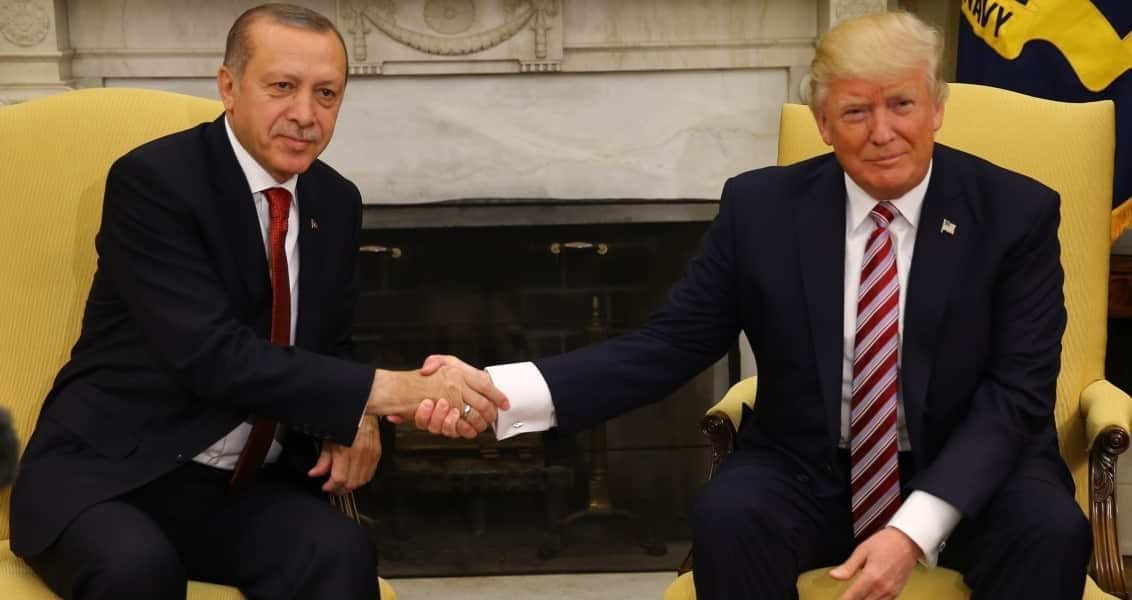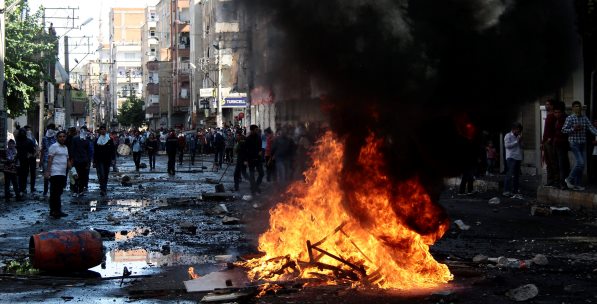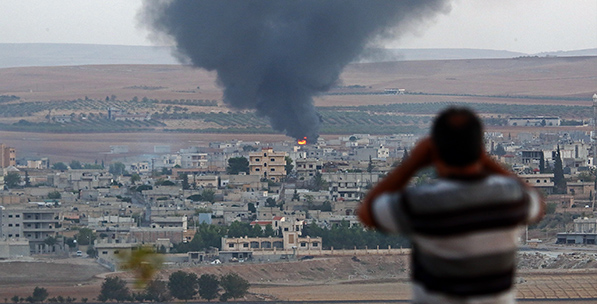Ever since the AK Party began to exercise actual power over the nation's affairs, its government has encountered challenges from the streets. The first such instance took place in 2007 when crowds took to the streets during the deadlock over the presidential election. At the time, though, the Kemalist guardianship regime, which supported the mobs, was still capable of resistance. Again in 2013, the Gezi Park protests channeled the frustration of certain groups that were now convinced that neither elections nor the guardianship regime would force the AK Party government out anytime soon. Meanwhile, the Dec. 17 operations reflected the attempt of the Gülen Movement to exploit its power inside key government institutions to turn the people against the government. Finally, the most recent wave of demonstrations over Kobani brought a new kind of anger to the forefront of media attention. All such incidents have effectively transformed the relationship between power and opposition in Turkey over the past decade.
The most frequent reason why governments lose power relates to their poor performance in a range of areas including foreign policy and the economy and the subsequent decline in their popularity. It was in this sense that a number of political and economic crises led to the demise of various political parties and their leaders in the 1990s. The AK Party government, however, encounters a rather different challenge: Having become more and more popular thanks to its commitment to successful policies, the party has witnessed the rise of a new form of opposition that takes the form of organized groups occupying streets and resorting to violent means. Although these groups are invariably affiliated with certain political parties, the classic elements of Turkish politics, the violent turn of the Gezi Park and the Kobani protests have established that the said political parties have a growing problem of keeping them under control.
Let us recall that the past 15 years marked a period of democratization in Turkey that started with EU harmonization and reached the Kurdish reconciliation process whilst expanding the political freedoms of all social groups. Today, this expansion of political freedoms itself allows certain opposition groups to colonize the streets. Meanwhile, we cannot afford to tolerate security breaches in public squares and on streets - the living spaces of functioning democracies. As such, the transformation of these spaces into a hotbed of violence and lynching represents a source of concern.
The recent lynching of three members of the Free Cause Party (Hüda Par) and a number of subsequent regulations have stirred public debate around the dilemma between security and liberty, which has been an ongoing conversation in world democracies for centuries. Today, the AK Party finds itself compelled to address security breaches that have emerged in the country's political landscape during the period of democratization. In response, opposition groups accuse the authorities of building a police state, going back to the post-1980 coup period and taking an authoritarian turn. Meanwhile, government officials indicate that they have reversed a range of prevalent patterns of the tumultuous 1990s.
Today, the opposition mobilizes on the streets and gathers the fruits of the democratization process, for which the AK Party struggled over the years. The PKK, for instance, attempts to challenge the government by adding violent activities to a range of political channels that the reconciliation process established. Such is the challenge of running the nation: What the New Turkey desperately needs is more democracy as well as more security. If street violence undermines the nation's security and stability, the country might end up short of a stable environment to build a more democratic political system. Addressing this dilemma represents the ultimate test of the AK Party's success: The government must maintain the domain of liberty whose expansion required hard work over the years. At the sam









